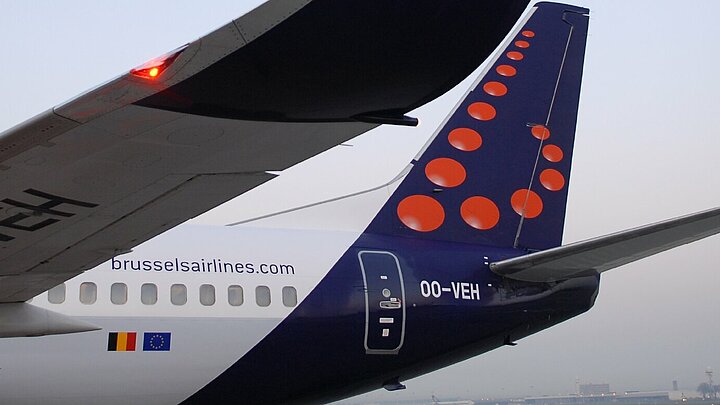BRUSSELS, BELGIUM — Brussels Airlines has announced that it will add five Airbus A320neo aircraft to its fleet. The airline will welcome the first three aircraft in 2023, while the remaining two will join the fleet in 2024. With the addition of new-generation aircraft, Brussels Airlines aims to reduce its CO2 emissions by half by 2030.
The all-Airbus airline currently operates 32 previous-generation A320 Family jets and nine previous-generation A330 aircraft.
By 2050, Brussels Airlines wants to be CO2 neutral. The new planes will replace the older-generation A319s in the airline's fleet.
The A320neo (New Engine Option) consumes 20% less fuel compared to the A320ceo (Current Engine Option) and produces 50% less noise. As the A320neos replace the A319s, the fuel use per flight will decrease by 11%, while the fuel consumption per seat for the same flight will drop by 30% thanks to its higher seating capacity.
Brussels Airlines is also preparing for the 2023 summer season with new destinations for both business and leisure travelers and with additional frequencies to European destinations already flown.
From the start of the summer season on March 26, 2023, Brussels Airlines will offer flights to Billund, Brindisi, Djerba, Monastir, Warsaw, and Zurich, all six new destinations in the airline's network. The company will also increase flight frequencies to Berlin, Bordeaux, Chania, Copenhagen, Frankfurt, Goteborg, Hamburg, Kos, Las Palmas, Lyon, Madrid, Munich, Palma de Mallorca, and Tenerife.
In addition, Brussels Airlines will join forces with wet lease company CityJet, which will fly two CRJ aircraft for the Belgian carrier throughout the summer period. These smaller aircraft, with 85 to 100 seats, will operate flights to secondary markets such as Bordeaux and Billund, allowing these areas to be linked to Brussels Airlines' intercontinental and European network.

